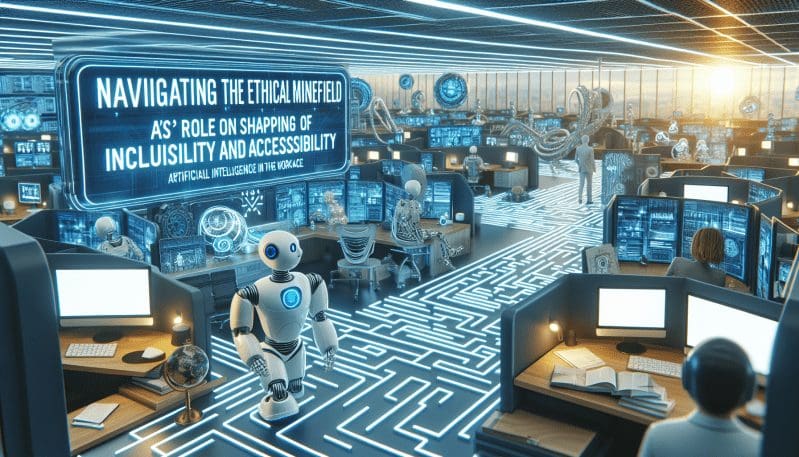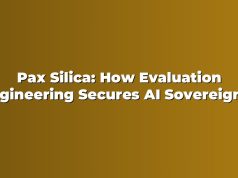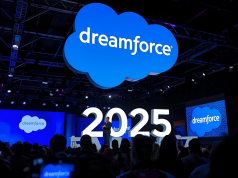As we stand on the cusp of an era where artificial intelligence (AI) and automation are woven into the very fabric of our workplaces, we encounter a unique paradox. These technologies, heralded for their potential to drive efficiency and innovation, also carry the weight of ethical considerations that could significantly impact inclusivity and accessibility in our offices, factories, and remote work environments.
The notion of inclusivity in the workplace has long been a subject of earnest discussions. It’s about ensuring that everybody, regardless of their background, abilities, or circumstances, has an equal opportunity to contribute and succeed in the professional realm. Now, as we integrate AI into hiring practices and daily operations, we face a pressing question: will AI serve as a catalyst for diversity, or will it reinforce existing prejudices?
AI-driven hiring tools, designed to streamline the recruitment process, promise a level of impartiality human recruiters can struggle to achieve. These tools can scan through resumes, evaluate candidates, and even help with onboarding. However, they are not without flaws. The algorithms driving these tools are often trained on historical data, which may reflect past biases. Without careful oversight, they might perpetuate discrimination against underrepresented groups or individuals with non-traditional career paths.
On the other side of the spectrum lies the potential of AI and automation to create more accessible workplaces for individuals with disabilities. Smart technologies can now offer real-time language translation, visual assistance, and adaptive interfaces that cater to a wide range of physical and cognitive abilities. AI can open doors for talented individuals who may have been overlooked or disadvantaged by conventional workplace setups.
Yet, with every stride forward, there’s the looming threat of displacement. Automation, in its relentless pursuit of efficiency, could disproportionately affect workers with disabilities if not managed with a nuanced understanding of human value and potential. It’s imperative that as we embrace these technologies, we also invest in re-skilling and support networks to ensure that no one is left behind.
Within this context, businesses and policymakers must walk a tightrope. They must balance the pursuit of innovation with the ethical imperative to uphold a fair and inclusive work environment. To this end, transparency in AI algorithms is critical. Employers must demand accountability from tech providers, ensuring tools are regularly audited for any trace of bias. Meanwhile, diversity and accessibility should be baked into the design of AI systems right from the start, not bolted on as an afterthought.
As advocates and leaders, we must also push for robust policies that protect workers from the unintended consequences of these rapidly advancing technologies. This includes legislation that governs the ethical use of AI in hiring and day-to-day operations, as well as frameworks for supporting continuous education and adaptability among the workforce.
In conclusion, the future workplace is poised at the intersection of technological advancement and ethical responsibility. As businesses, it’s our duty to harness the power of AI to create a world of work that is not only more efficient and productive but also profoundly inclusive and accessible. Let us rise to this challenge, ensuring that we prioritize people in every algorithm and decision we make. After all, the future of work is not predetermined—it is ours to shape, responsibly and with a vision that leaves no one behind.




























